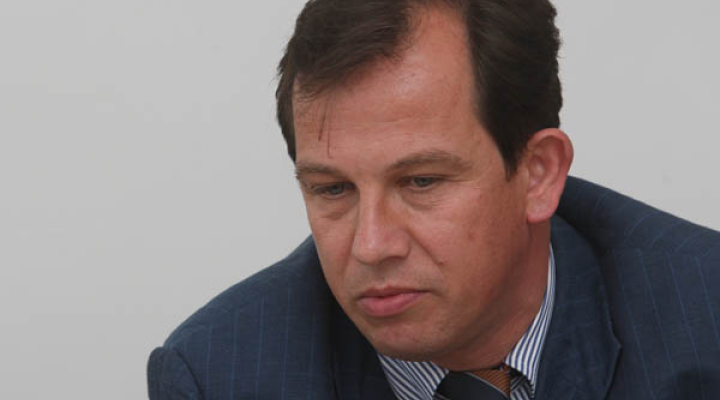More efficiency required in resolving human rights violations in the EU
The aim of the debate was to formulate the EU’s and the EP’s common standpoint on human rights. This issue is relevant for the Hungarian minority in Transylvania (Romania) on many points. In the absence of a European framework on minority rights, these statements contain the only recommendations on minority rights.
During the debate, MEP Sógor Csaba stressed the need for the EU, as a community of states providing high standards of human rights, to have a clear and univoque attitude (stance) against violation of these rights throughout the world. Also, decision makers need to follow these issues not only in the saddening cases of ’developing countries’, but in the countries of the so called ’developped countries’ as well.
The MEP made reference to the Declaration of the UN’s General Assembly of December 18, 1992 that refers to the rights of individuals belonging to national, ethnical, religious and linguistic minorities. This Declaration states that persons belonging to national minorities may use their own language in the private and public sphere without any intervention or discrimination. „This principle is derogated in a number of countries that are EU members member state of the EU, so it is more than justified for the Human Rights Council of the UN to remark issues in the democratic, developed countries as well” – said Sógor Csaba in the plenary debate.
According to the Hungarian MEP from Transylvania, the EU has to find solutions to anticipate such situations and to adopt measures that are exemplary for the international community in the protection of human and minority rights.











